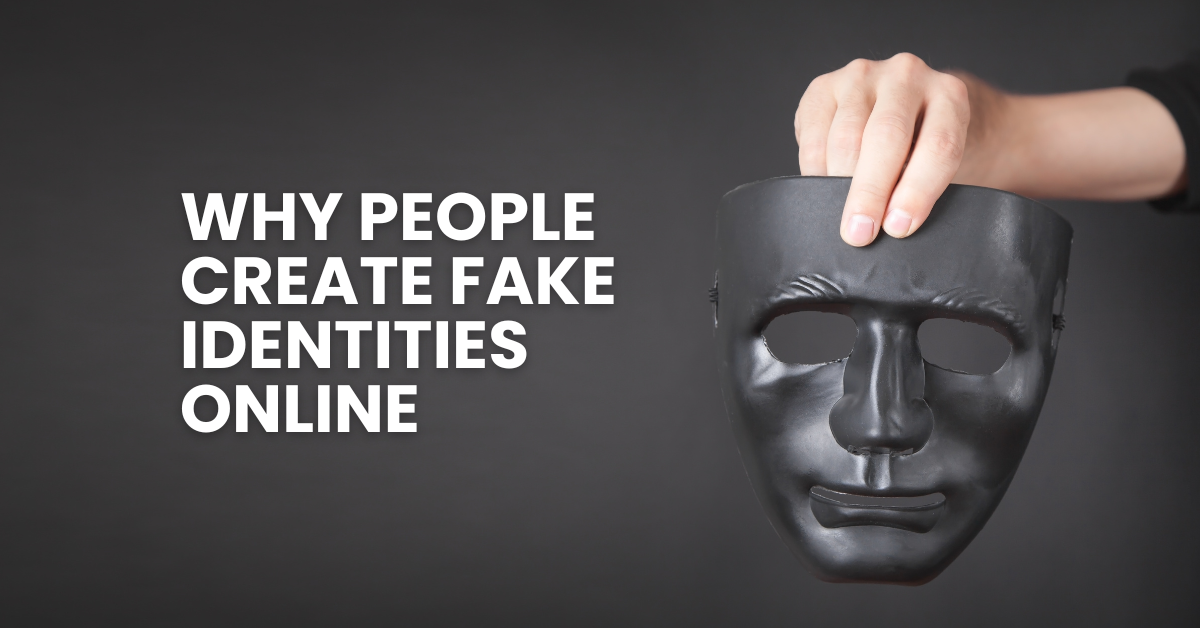Online dating has become a powerful way for people to connect, but with its rise comes a dark side catfishing. This deceptive practice involves someone creating a fake identity to trick, manipulate, or emotionally exploit others. From stolen photos to fabricated life stories, catfishing has become a growing concern in today’s digital world. Understanding what it is, why people do it, and how to protect yourself is essential for safe online relationships.
What is Catfishing?
Catfishing is when a person pretends to be someone else online, often using fake photos, names, or details to create a false persona. These individuals typically build trust and relationships under false pretenses, sometimes for emotional gratification, financial gain, or even malicious intent.
While catfishing can occur on any platform, it is most common on dating apps, social media, and online communities where people seek personal connections.
Why Do People Create Fake Identities Online?
Understanding the psychology behind catfishing reveals why so many engage in this deceptive behavior:
1. Loneliness and Insecurity
Some catfishers struggle with self-esteem or personal issues. They hide behind fake profiles to feel more accepted or admired than they might in real life.
2. Financial Motivation
Romance scams often begin with catfishing. Scammers lure victims into emotional bonds before asking for money, gifts, or financial assistance under false circumstances.
3. Entertainment or Boredom
Surprisingly, some individuals catfish simply for amusement. They enjoy deceiving others and view it as a game, ignoring the emotional damage it causes.
4. Escaping Reality
Others use catfishing as a way to escape from their real lives. They might create identities that reflect who they wish they were more attractive, wealthy, or successful.

Warning Signs of Catfishing
Spotting a catfish early can save you from heartbreak or financial loss. Look out for these red flags:
- Too Perfect Profile: If their photos look like they came from a model’s portfolio, be cautious.
- Avoiding Video Calls: They constantly make excuses not to meet or video chat.
- Inconsistent Stories: Details about their life don’t add up or change over time.
- Quick Declarations of Love: Moving too fast emotionally is a common scam tactic.
- Requests for Money: Any request for financial help should raise immediate suspicion.
The Dangers of Catfishing
Catfishing is not just a harmless lie it can have serious consequences:
- Emotional Damage: Victims often experience betrayal, anxiety, and loss of trust.
- Financial Loss: Many catfish scams involve large sums of money being stolen.
- Identity Theft Risks: Sharing personal details can make you vulnerable to fraud.
How to Protect Yourself from Catfishing
Here are some steps you can take to stay safe online:
- Do a Reverse Image Search: Check if their photos appear elsewhere.
- Verify Their Profile: Look for consistency across platforms.
- Don’t Share Financial Information: Never send money to someone you haven’t met in person.
- Take Your Time: Genuine relationships grow naturally, not under pressure.
- Trust Your Instincts: If something feels off, it probably is.





